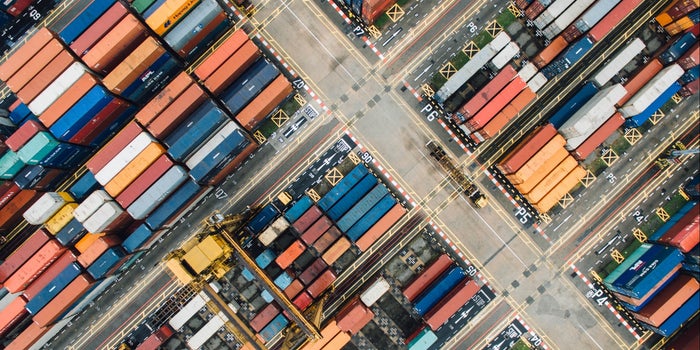The rapid evolution of logistics solutions in response to the e-commerce boom is reshaping the way goods are transported, stored, and delivered. As the e-commerce industry experiences exponential growth, driven in large part by changing consumer preferences and the COVID-19 pandemic, logistics providers are under immense pressure to adapt and innovate. This transformation is crucial to meet the rising expectations of consumers for faster, more reliable, and cost-effective delivery options. One of the most significant changes in the logistics landscape is the increased adoption of advanced technologies. E-commerce companies and logistics providers are investing heavily in automation, artificial intelligence, and data analytics to streamline their operations. Automated warehouses equipped with robots are becoming more common, improving efficiency and reducing the reliance on human labor. AI-powered algorithms are optimizing route planning and last-mile delivery, ensuring that packages reach their destinations faster and with lower costs. Moreover, data analytics are being used to predict demand patterns, allowing companies to better allocate their resources and reduce inventory holding costs.

Another key factor driving the evolution of logistics is the expansion of same-day and next-day delivery options. With consumers demanding faster delivery, logistics companies are racing to develop more efficient last-mile solutions on demand delivery. This has led to the rise of crowd-sourced delivery services and the use of drones and autonomous vehicles to speed up the final stages of the delivery process. These advancements are not only meeting consumer expectations but also reducing the environmental impact of logistics by optimizing delivery routes and reducing emissions. The e-commerce boom has also led to the growth of third-party logistics 3PL providers, who specialize in handling the complex logistics needs of e-commerce businesses. These 3PL companies offer end-to-end solutions, from warehousing to shipping and returns management. By outsourcing their logistics to these experts, e-commerce businesses can focus on their core operations, which can result in cost savings and improved efficiency. Sustainability has become a central concern in the evolving world of logistics. E-commerce companies and logistics providers are increasingly adopting eco-friendly practices to reduce their carbon footprint.
This includes the use of electric vehicles for urban deliveries, the implementation of green packaging solutions, and the reduction of waste in warehouses. Consumers are also becoming more environmentally conscious, and they often prefer businesses that prioritize sustainability in their logistics operations. Furthermore, the e-commerce boom has created a global marketplace, with businesses selling and shipping products across borders. International logistics solutions are evolving rapidly to meet the unique challenges of cross-border trade, such as customs clearance, currency conversion, and international shipping regulations. E-commerce companies are partnering with global logistics providers to ensure smooth and efficient international delivery, further expanding their reach and customer base. The adoption of advanced technologies, the expansion of same-day and next-day delivery options, the rise of 3PL providers, the commitment to sustainability, and the growth of international logistics solutions are all evidence of the dynamic changes taking place.
